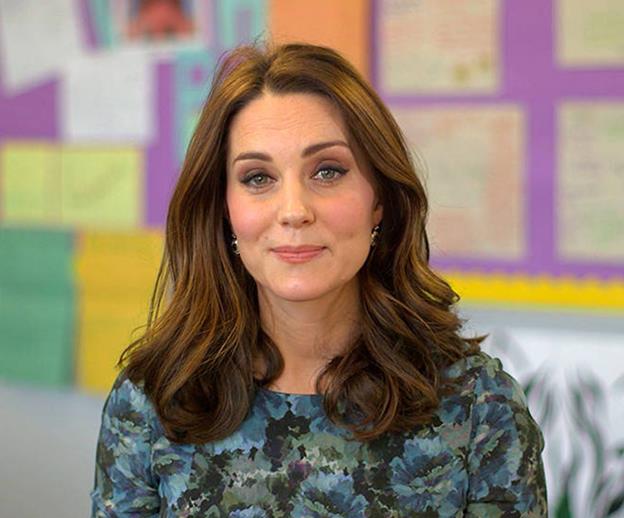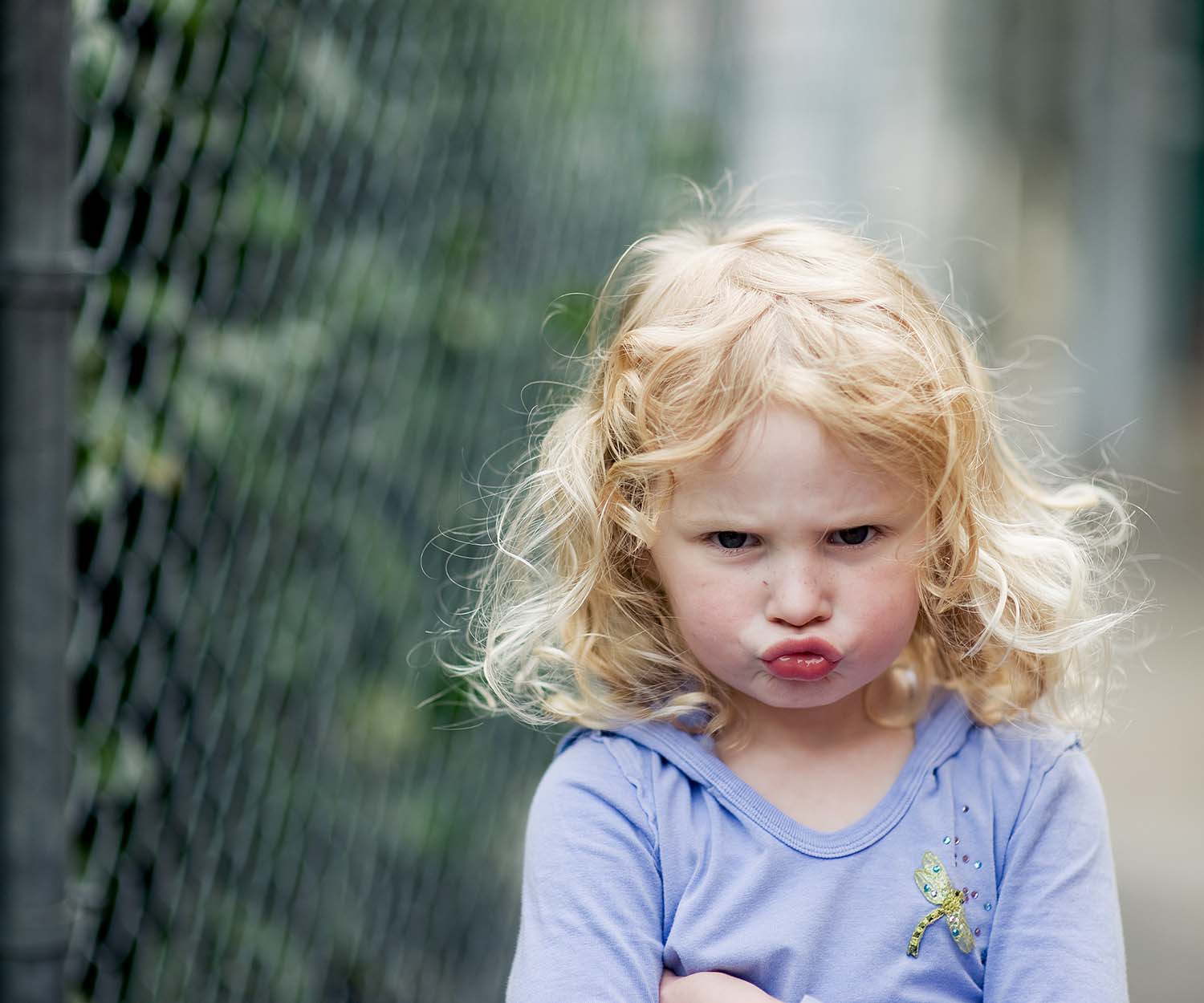Silence at the dinner table, the slamming of bedroom doors, arguments, tantrums and tears – no one is denying that parenting a child or teen is hard, but for the most part, mood swings and the occasional outburst should be exactly that: occasional.
In recent years however, child and adolescent mental health statistics have become increasingly alarming.
Anxiety in young people is now commonplace and according to a 2010 report from the University of Otago, 18 per cent of 11-year-olds and up to 40 per cent of 18-year-olds reported a mental health disorder within the past 12 months.
A report published in 2012 also drew attention to the worrying rates of depression, self-harm and suicidal thoughts in teenagers, with 29 per cent of female secondary school students and 18 per cent of male students reporting deliberately self-harming in the last 12 months.
Parenting is hard enough without throwing mental health issues into the mix.
Award-winning child psychologist Dr Joanna North has more than 30 years of experience working with children, adults and families, and has seen how mental health conditions impact children and their families.
Her new book, Mind Kind, addresses the complex task of being a parent today, and provides a guide to helping your child grow into a strong and resilient person, plus tips on skilfully supporting a child who is going through more serious mental health struggles.

Competition, pressure and perfectionism can be rife across school, social media platforms and among friendship circles, and any stress that parents are under is also quickly picked up by children.
For developing young minds, it’s a heavy load to handle, and it’s no wonder anxiety is on the rise.
“Children and young people are under a lot more pressure to perform. They feel pressure to get somewhere, to have clearly defined goals, and they’re afraid of failing.
“Social phobia is also increasing and perfectionism is really strong. We have incredibly high expectations of achievement, and we’re forgetting about the joy of just being alive and the stillness that the brain needs to function well,” Joanna explains.
Regardless of age, every single person on the planet has mental health – an inner life that is fundamental to their wellbeing – and being younger unfortunately doesn’t mean you are exempt from issues like depression and anxiety.
“It’s happening, it’s going on and it’s real,” Joanna says.
“It’s as real as a broken leg or a bruise or scratch, it’s just that we can’t see it. I think if we ignore it, we’re dismissing our children being alive.”
As a solo mother and grandmother herself, Joanna freely admits she is far from being the perfect parent and adds that getting it right all the time just isn’t possible for anyone.
When children are unpredictable and always evolving, concrete rules or techniques aren’t particularly helpful either. What Joanna suggests is a general philosophy of parenting that treats the child’s mind with compassion.
This approach is not about constant praise, overprotection or sugar-coating, which can lead to narcissism and a lack of resilience, but simply about patience, thoughtfulness and empathy.
Even if you are teaching a child a life lesson or helping them to learn from a mistake, the important part is the delivery.
“The fact is, the way we treat children has an enormous impact on their brain, and kindness is known to be one of the emotional states that has a very profound therapeutic input. It doesn’t matter what the task is; if we do it with thoughtfulness towards their developing brain, we are likely to be able to appeal to them much more quickly.”
Start by talking about it

As a parent, how do you distinguish between what is just a mild mood swing, and what is a serious red flag?
Joanna explains that emotions like anger and sadness are not a reason to panic – they are fantastic tools for young people to communicate – the red flag is when a mood becomes prolonged.
Aside from extended low moods or panic attacks, other strong indicators include not sleeping, not eating properly, withdrawal from friendships, or retreating from the world altogether.
In rare cases, professional help is required immediately, but in general, a conversation between the parent and child is the best place to start.
“We can’t all just jump in and see professionals as soon as we feel anxious,” Joanna points out.
“Some anxiety is natural and people are forgetting that. Our children have to learn to live with it and manage it too, that’s really important.”
By the same token, if you are experiencing stress or mental health issues of your own, being open about what you’re going through and how you are managing it is a great way to educate and role model resilience or healthy coping mechanisms.
“You will have stresses and difficulties, and when we manage our own stress well, we teach our children to manage their stress well. That is a key life skill.”
In Joanna’s view, mental health issues all stem from worry, and talking it through can provide a lot of relief.
To get the ball rolling, start with small, meaningless chit-chat. Laying this foundation, you’ll be much more likely to create bigger conversations.
If you sense something is wrong, telling your child that you’re going to take a guess at what’s wrong is a great place to start.
For children that aren’t so chatty, there are plenty of other ways to connect and spark a dialogue. Go for a walk, get some ice cream, see a movie or play a game. The intention isn’t to know every detail of their inner world; it’s merely about getting alongside them.
“Parents can feel a little bit like they are flailing around without a life jacket. Just keep the words flowing if you can.”
Tackling body image
Historically, there’s always been pressure to look a certain way, but with easy access to social media and the internet, this pressure now starts at a much younger age, leaving teens at a higher risk of developing mental health issues, low self-esteem, unhealthy body image and eating disorders.
It’s a topic parents need to be open about.
“All of these impossible images are harmful to us. We just need to be comfortable and happy with our bodies. That’s the most important thing,” Joanna says.
Before trying to talk to your children about body image, she recommends reflecting on your own judgements and attitudes about weight and food, as that’s what your children will pick up on first.
Although every household operates differently around meals, the important thing is to strike a balance between rules and enjoyment. Yes, the basic function of food is nourishment, but it also has strong emotional, social and pleasure components.
“You do need some control and management, but if you’ve lost all the joy of food, that’s when you need to look at it.”
Even if you can demonstrate positive body image, a healthy relationship with food and expose your children to body diversity, schools, social circles and the media will always play a huge role in this – the responsibility doesn’t weigh entirely on your shoulders as a parent.
Quality family time
In Joanna’s experience, family quality time is crucial.
The book tells multiple stories of parents who made the effort to spend more time with their children after discovering they were struggling with difficulties such as anxiety, suicidal thoughts or self-harm and it was often enough to solve quite serious mental health issues.
Although material goods are essential for a child’s wellbeing and development, being showered with the best of everything simply can’t replace emotional care.
“You can’t cut materialism out of the picture. But you can’t substitute emotional input with material goods,” Joanna says.
For those for whom working long hours or multiple jobs is necessary to financially support a family, giving children your full attention in those precious moments you do share goes a long way, as does making sure that the home is a happy one.
Children are extremely receptive to the energies and the behaviours of their parents, and the home environment plays a big role in a child’s mental health and sense of safety.
While it’s important for a parent to help their child navigate difficulties, home should never be a source of difficulty in itself. Home should be a place of comfort and retreat where everyone can drop their facades, expectations and tensions of the day.
“We’ve already got enough anxiety to be dealing with,” Joanna laughs.
“A harmonious and safe environment is beneficial to the brain and will reduce anxiety in the long run.”

Whatever might be going on for your child, a message Joanna emphasises is to try not to get caught up in self-blame.
There are so many other influences on a child’s inner world that are completely out of your control. A key message in her book is to have compassion and acceptance for yourself, as children will mirror your behaviour.
For a child to grow up and go through life with an unshakeable sense of self-acceptance is a gift that no amount of money can buy.
Joanna’s final word is, as much as you can, enjoy the ride.
“This is such a short journey and it will be over before you know it. Relish every moment.”
This information is not a substitute for medical intervention. Should your child exhibit suicidal thoughts or tendencies, seek professional help immediately.
New Zealand helplines:
*Kidsline 0800 54 37 54
*Lifeline 0800 543 354
 Getty Images
Getty Images



